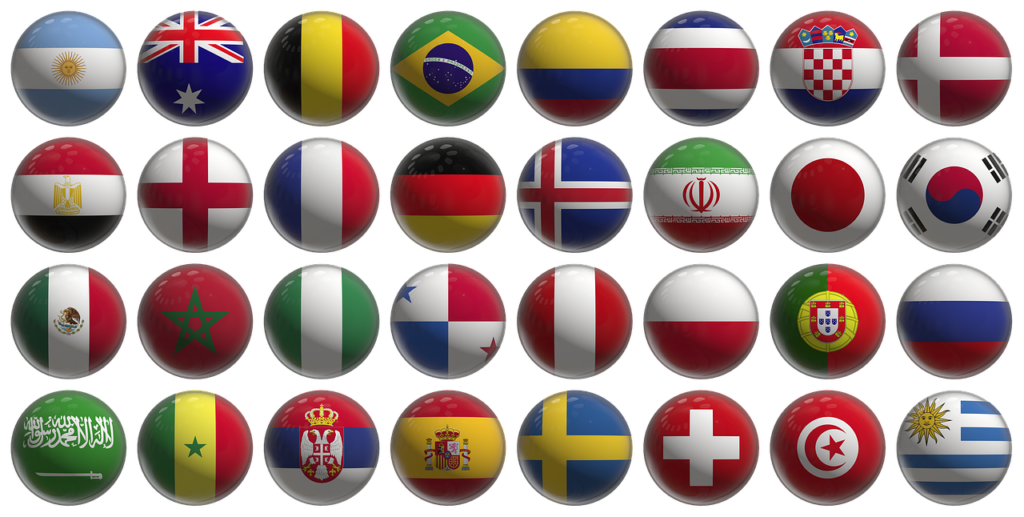The Federation Internationale de l’Automobile (FIA) recently announced an update to their International Sporting Code that will restrict ‘political’ statements across the series it governs. Let’s dive into why this is a concerning development for F1 and its drivers.
The Risk of Inclusivity Stagnation
F1 has made great strides in recent years when it comes to inclusivity and diversity, such as encouraging more female drivers, as well as introducing initiatives like We Race As One which promote sustainability through motorsport. However, this update potentially puts these initiatives at risk. By restricting ‘political’ statements, F1 could be seen as suppressing its drivers’ right to speak up on issues they feel are important and deterring them from advocating for changes that could make F1 a more progressive sport overall. This could lead to stagnation in terms of inclusivity efforts and make it difficult for F1 to keep pace with other sports when it comes to promoting diversity and sustainability.
The Need for Balance
It is understandable why the FIA would want to limit political statements among its drivers; after all, there are certain topics that might be divisive or controversial among fans or sponsors. It is also important for F1 drivers not to overshadow what happens on the track with their personal opinions off of it. But at the same time, if F1 wants to stay competitive with other sports—which have been far more vocal about social issues—then there needs to be some degree of balance between allowing freedom of speech while still managing potential risks.
A Worrying Precedent Set by FIFA
As mentioned previously, this update evokes memories of FIFA’s approach during the Qatar World Cup where they sought only “to focus on football” despite any controversies related to social issues surrounding the tournament. This set a worrying precedent which may have encouraged other governing bodies like the FIA—which had previously not had anything explicit limiting driver’s speech—to take similar steps towards censorship.
Conclusion: Allowing some freedom of speech among their drivers is essential if F1 wants to stay relevant against other sports and maintain its push towards greater inclusivity and sustainability within motorsport culture. The FIA should continue having open conversations about how best to ensure both a positive fan experience and an atmosphere conducive for all individuals involved in Formula 1 racing, without resorting towards limiting expression outright. Hopefully further updates will ensure that this balance can be achieved effectively so as not follow down FIFA’s troubling path from before.

